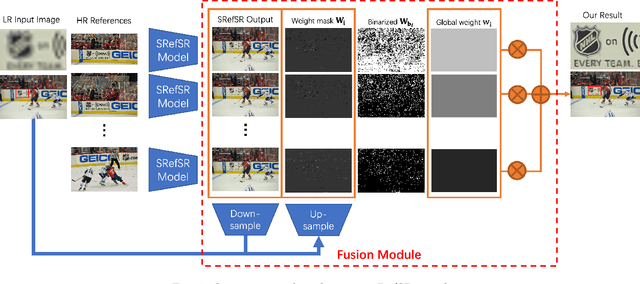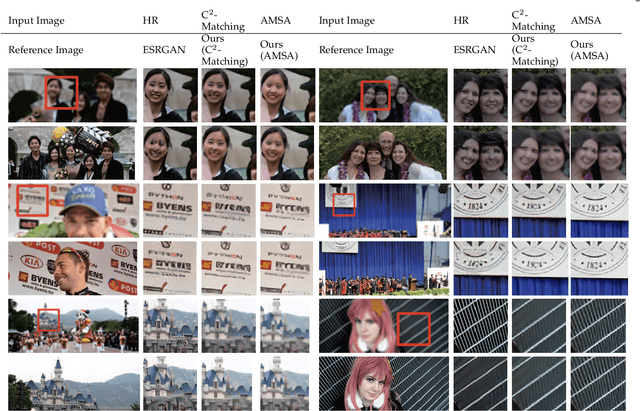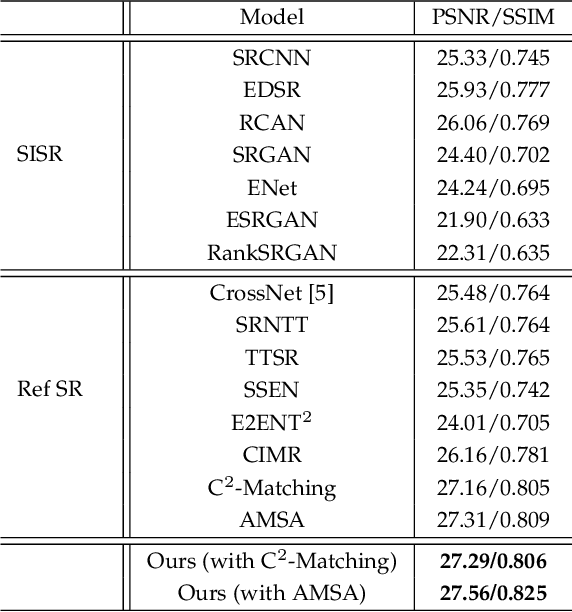Tsz Fung Yau
Mitigating Social Biases in Language Models through Unlearning
Jun 19, 2024Abstract:Mitigating bias in language models (LMs) has become a critical problem due to the widespread deployment of LMs. Numerous approaches revolve around data pre-processing and fine-tuning of language models, tasks that can be both time-consuming and computationally demanding. Consequently, there is a growing interest in machine unlearning techniques given their capacity to induce the forgetting of undesired behaviors of the existing pre-trained or fine-tuned models with lower computational cost. In this work, we explore two unlearning methods, (1) Partitioned Contrastive Gradient Unlearning (PCGU) applied on decoder models and (2) Negation via Task Vector, to reduce social biases in state-of-the-art and open-source LMs such as LLaMA-2 and OPT. We also implement distributed PCGU for large models. It is empirically shown, through quantitative and qualitative analyses, that negation via Task Vector method outperforms PCGU in debiasing with minimum deterioration in performance and perplexity of the models. On LLaMA-27B, negation via Task Vector reduces the bias score by 11.8%
Multi-Reference Image Super-Resolution: A Posterior Fusion Approach
Dec 20, 2022



Abstract:Reference-based Super-resolution (RefSR) approaches have recently been proposed to overcome the ill-posed problem of image super-resolution by providing additional information from a high-resolution image. Multi-reference super-resolution extends this approach by allowing more information to be incorporated. This paper proposes a 2-step-weighting posterior fusion approach to combine the outputs of RefSR models with multiple references. Extensive experiments on the CUFED5 dataset demonstrate that the proposed methods can be applied to various state-of-the-art RefSR models to get a consistent improvement in image quality.
 Add to Chrome
Add to Chrome Add to Firefox
Add to Firefox Add to Edge
Add to Edge